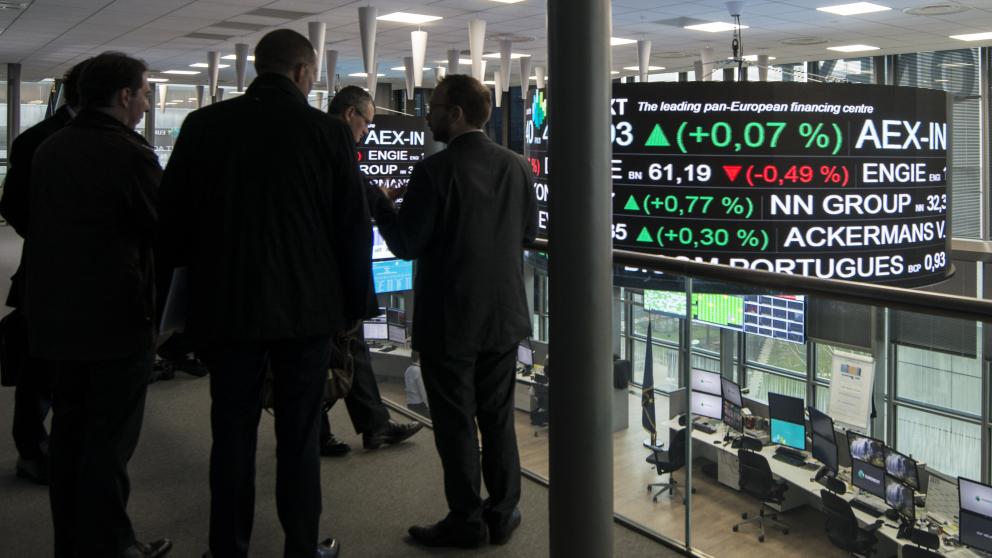Distributed Global Financial Systems for Society (DOLFINS)
Duration

The deregulation and liberalisation of the financial sector across the globe in recent decades was based on the assumption that financial markets are stable and function best when they are more or less left to their own devices. The global financial crisis put paid to that assumption. Our current system is not sustainable from either an economic or a social perspective. Yet an economically and socially sustainable financial system is a prerequisite for financing the transition to an ecologically more sustainable way of doing business. So we are faced with the task of developing concepts and ideas for an economically, ecologically and socially sustainable financial system.
The DOLFINS project takes up this challenge using the tools offered by global systems science. It is distinguished by two approaches: firstly, it acknowledges that banks are not intermediaries, i.e. they don't simply collect money from savers and lend it to businesses. Instead, banks make additional credit money based on the money they collect from savers. To date, the effects of this credit creation on the stability of the system as a whole have not been adequately researched.
Secondly, DOLFINS follows a transdisciplinary approach by involving relevant actors in the research process. For example, the NGO Financewatch is part of the project consortium and supports the efforts to integrate European civil society into the research process.
Alternative scenarios for the global financial system
Our research builds on the pioneering work of the organisational sociologist Charles Perrow, who demonstrated that a combination of high interactive complexity and tight coupling makes systems vulnerable. The global financial system is a prime example of such a system; it is a dense network of banks, insurers and institutional investors that spans the globe and binds the financial sectors of developed countries closely together. In the process of elaborating alternative scenarios for the future of the global financial system, the IASS is guided by the question of what form a global financial system with significantly less interactive complexity and looser coupling of the financial sectors of developed countries could take and how it would have to be regulated.